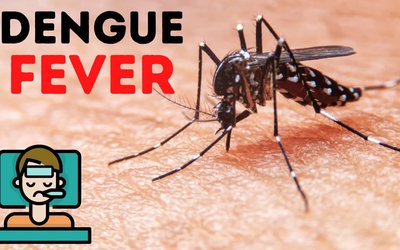
The World Health Organization has been alarmed by a surge in cases of a disease called mpox in Africa. It declared an international health emergency on Wednesday over concerns it could spread further.
Experts at the WHO set up an emergency committee to discuss the outbreak. Director-General Tedros Adhanom Ghebreyesus told reporters that the situation was "very worrying."
He said, "Today, the emergency committee met and advised me that, in its view, the situation constitutes a public health emergency of international concern. I have accepted that advice."
Tedros added that the number of cases in the Democratic Republic of Congo has already exceeded last year's total of more than 14,000. He said the disease has killed 524 people in the country this year alone.
Mpox, formerly known as monkeypox, causes symptoms including fever and rash and can spread through contact with wild animals and infected people. The WHO had previously declared an emergency over the disease in 2022 but ended it less than a year later. It says the current outbreak involves a variant that is more likely to cause severe symptoms.
Officials said they are trying to prevent the spread by providing patients with appropriate care, and they are working with authorities in the affected countries and with their partners on the ground.
- Trump Considering Separate Tariffs On Electronics
- Apr 14, 2025
- Thailand Observes Songkran New Year festival
- Apr 14, 2025
- Trump Announces 90-day Pause In Reciprocal Tariffs, Except For China
- Apr 10, 2025
- Health Minister Paudel Addresses 58th session of UN Health Commission
- Apr 09, 2025
- China, EU Vow To Cooperate In Safeguarding Free Trade
- Apr 09, 2025















